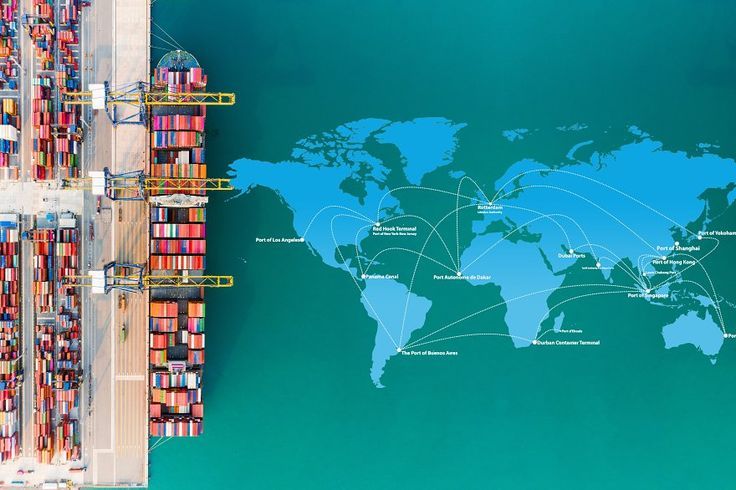
It’s crucial to be cautious about the customs clearance process. Navigating through this step requires attention and awareness because mistakes can lead to unexpected issues and delays. In this guide, we break down the complexities of customs clearance for coconut charcoal briquettes, offering straightforward insights to help you understand and overcome potential challenges. Arm yourself with the knowledge to ensure a hassle-free export experience for your coconut charcoal briquette shipments.
When we talk about customs clearance, we need to be aware because every customs clearance has different regulations in variant countries. Custom clearance in Germany has different processing compared to Japan, UAE, and every other country. As an exporter or an importer, we need to adapt and also fulfill each of every custom clearance step so that our product can be easily accepted.
This process is not just for bulk orders, but a 500g sample or 1 kg sample is also included in this requirement. And it is not just about the requirements such as documentation or other things, but especially for importers, they need to consider the customs clearance tax.
Most importers are not aware of this custom clearance and they need to pay for each order of charcoal briquettes they do, they have to consider all of these business expenses and liabilities so they can manage their cash flow more carefully and effectively.
You can see the charcoal business expenses and liabilities in our article here:
So, the process is the product needs to have a good reason so the customs clearance can accept our product and the shipper or forwarder can deliver it to the importers. That’s why sometimes forwarders ask/need us to provide documentation such as MSDS, SHT, COO, COA, packing list, commercial invoice, and other export documents (you can read the complete export documentation and the explanation here: )
Sometimes, custom clearance also asks the exporter/forwarder to correct some documentation, especially In the details, such as a wrong/not complete import address, not complete info about the importer’s contact information, un-accurate product/weight quantity, and much more. So the parties involved need to correct it.
There are also customs clearances in some countries that will take some of the coconut charcoal briquette products as a tax and also have a price to pay. On behalf of a safe product, not containing any harmful or illegal material, and also for giving a strong and strict authority for every product that comes to the country. So this requirement also needs to be considered by exporters, forwarders, and also importers.
There are also custom clearence that need detailed information about the documents, to know its your sample is for private or business purposes. For example, if you want to send it privately, you cannot mention “importer” in the commercial invoice or mention “samples” in the product name, they also need your buyer’s phone number or email.
If you send it for business, then you not making a “commercial invoice” but instead you can make an “invoice as well” and then mention importers and samples in the description and the details of the invoice. Don’t forget to provide the MSDS also.
But not every country has a tax price for customs clearance, some of them have a free tax if your country already works or does a corporation export-import with both countries. For example, Indonesia has a work with China, and so on. You can see about this on the website….
Not all of the country has strict regulations, but you must prepare for every cost and outcome, every regulation and requirement, for having good business cooperation and also an effective preparation for the future.
To know about each regulation, it depends on the countries and the products also. No website explains or tells you detailed information about the customs clearance regulations. So the best way that you can do is just to do it, and then wait until the customs clearance parties give their requirements and processing that you need to do.
To solve this, you need proper and good communication with parties such as Exporters, forwarders, and customs clearance, and also as an importer need to know more and prepare more about the outcome ahead.
Hope this article helps.